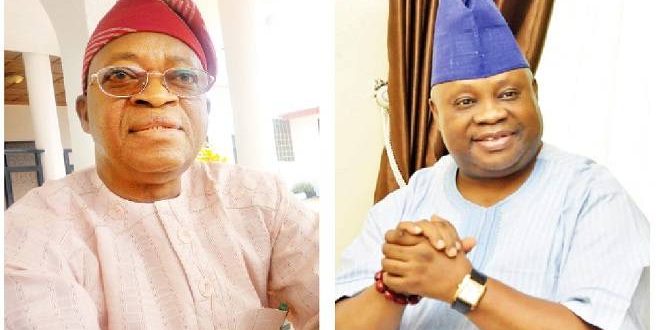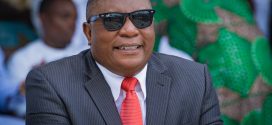A coalition of over 80 civil rights organizations under the aegis of the Nigerian Civil Society Situation Room on Saturday raised doubts over the credibility of the governorship election in Osun State following alleged public sale and buying of votes.
The organisation said that although priority voting was given to the elderly and persons with disabilities in most of the polling units, “a few of the polling units were located in places with staircases making it inaccessible for people with crutches.”
The NCCSR raised the issues in its second preliminary statement signed by its Co-conveners, Ene Obi, Asma’u Joda and James Ugochukwu.
The statement read, “There was open negotiation of buying and selling of votes well-coordinated by the polling agents in many of the polling units. There were no complaints from any of them against each other. Codes and coupons were used to extract commitments from voters as opposed to the blatant money exchanging hands observed in the Ekiti State Governorship election.
“From Situation Room’s observations, no violence has been recorded and the number of people who came out was encouraging. We commend the people of the State of Osun for coming out early to cast their votes, especially the elderly who waited in queues patiently.
“INEC’s deployment of materials and personnel should also be commended. Vote trading was recorded in most of the areas observed particularly outside Osogbo. As voting continues, we call on all stakeholders to maintain the peaceful atmosphere recorded so far.”
The organization also said Osun state has witnessed a high rate of Permanent Voters Cards collection, recording a total of 1,518,303 as reported by INEC.
They added that the voting day started peacefully without any indications of the apprehension that had trailed the days preceding the election.
The NCCSR said it received reports from its network of observers of the early arrival of materials and INEC officials in most of the polling units which led to the early commencement of voting.
“There was adequate presence of security personnel across the State and deployed across most of the polling units visited. Security personnel was friendly and professional in their approach. A number of them complained of not receiving their allowances ahead of the election.
“Some of the polling units were sited in residential spaces and palaces. In the polling units with large registered voters, the voting areas were rowdy implying that polling units with smaller numbers units are more orderly naturally.
“Political party agents were present in most of the polling units observed. A minimum of four party agents and a maximum of six.
“Knowledge of voting procedures and civic education of voters was very poor. Voting cubicles in many of the polling units were not positioned to ensure the secrecy of the ballots making it possible for voters to flash their votes to other people.
“The BVAS were deployed according to the number of registered voters. In polling units with over 1,000 voters, INEC kept to its promise to deploy two BVAS machines. The machines functioned credibly well.
“There were issues with the fingerprint verifications, however, the facial capture worked very well recording approximately one minute for accreditation and voting in Osogbo and in outside areas, it took longer.”

 Hottestgistnaija.com
Hottestgistnaija.com



